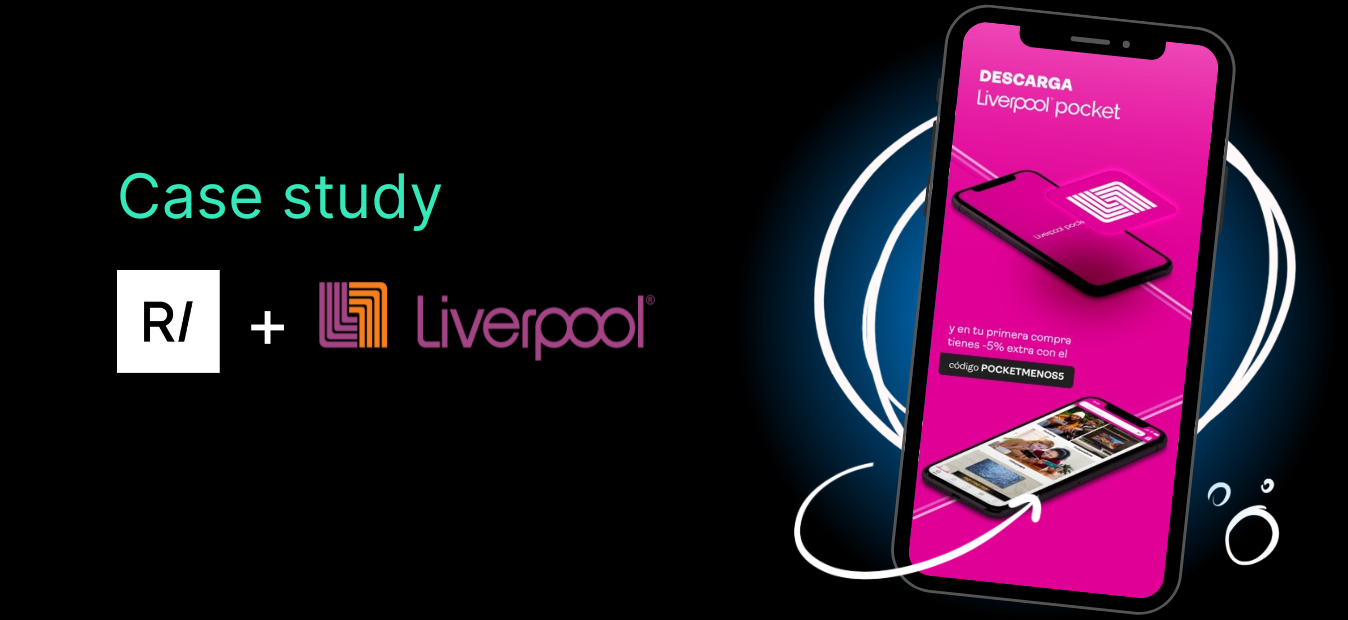At the beginning of January, a huge thing happened on the legislation of data in the US. A bill was introduced to Congress and to the Senate to prevent digital ads from using any type of targeting data other than the user's contextual signals and geo-localization. This bill, if passed, would change the whole landscape of digital advertisement.
Below we can find a few points that were bought by the bill that can actually change the ads industry and digital marketing from day to night:
Two days after the bill was introduced in the US, the European Parliament voted to approve the initial draft of the Digital Services Act (DSA), which also pushes the digital law towards a similar direction, restricting the cases of targeting for digital advertisement.
This bill and the draft towards an internet with no personalized ads need to be taken care of with a lot of caution from the governments, at a simple view they think they can be protecting the user data but in the end, they can perhaps be doing more bad than good for everyone.
It is undeniable that there is a tradeoff between privacy and user experience. The more data you provide as a user, the more resources an app or a website has to create a tailor-made experience that will most likely please you, and advertisement it’s just another field that this statement is true. The user should have the option to opt-out of the personalized ads and not just ban all of them. If someone does not feel happy to share the data, he can just not share it and receive random ads or he can share his data and receive ads that are more aligned with his personality and online behavior. The user should have the power to decide his experience.
There is another very important point, what would happen economically to all the media, advertising and tech companies with the ban of ads personalization? This will create such an adverse landscape also for Advertisers and Publishers, which will directly affect the consumers in a monetary way. If large publishers lose revenue from personalized ads, their simple way out is to charge more for their normal media. Inflating the cost and decreasing the performance will affect advertisers which will not invest that much in those channels since they stop being relevant.
Despite what many people think, a lot of websites and apps are not for profit-making only, a big part of their revenue pays for the operations, the structure of the website and even helps them build new content. Let’s say that from one day to the other this revenue stream that they earn falls 50%, most certainly a few websites will start charging an extra to maintain their own product or we’ll see even more paid apps in the market. This whole debate makes us think of how much the internet really costs and the value of the content that we consume on it. This price is actually intrinsic to our usage and it’s by advertising. If there is no advertisement or not an effective one, websites/publishers/apps/tech/media companies will very likely find another way to keep their business alive, the way will be charging for their services.
A few years ago Vox wrote an article talking about it, they came to the conclusion that the cost of an ad-free internet would be around $35 more per month for each user in the US.
Does it make sense to ban different advertisement types and create a paid ad-free internet or should we leave this decision to the users, so they can choose their own experience?


